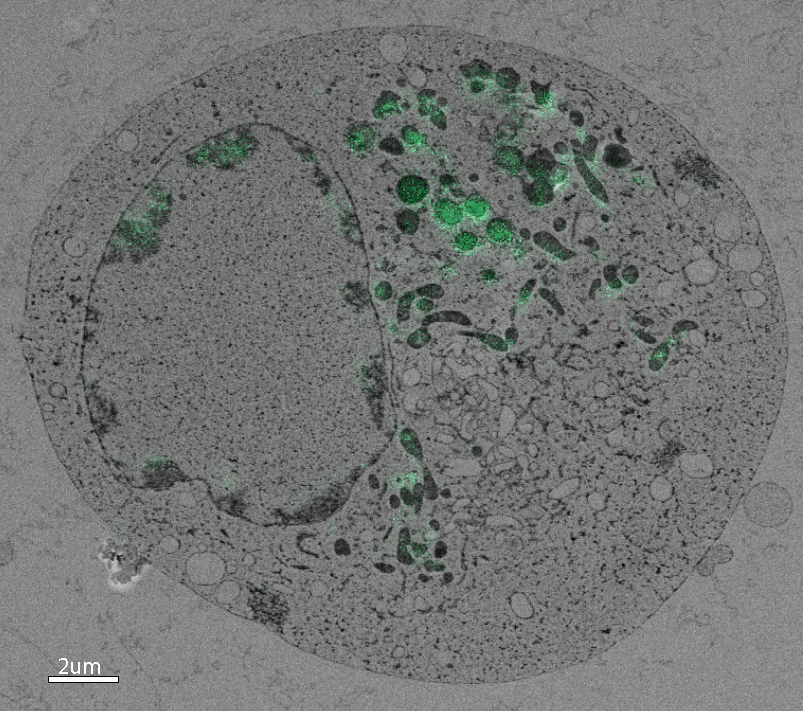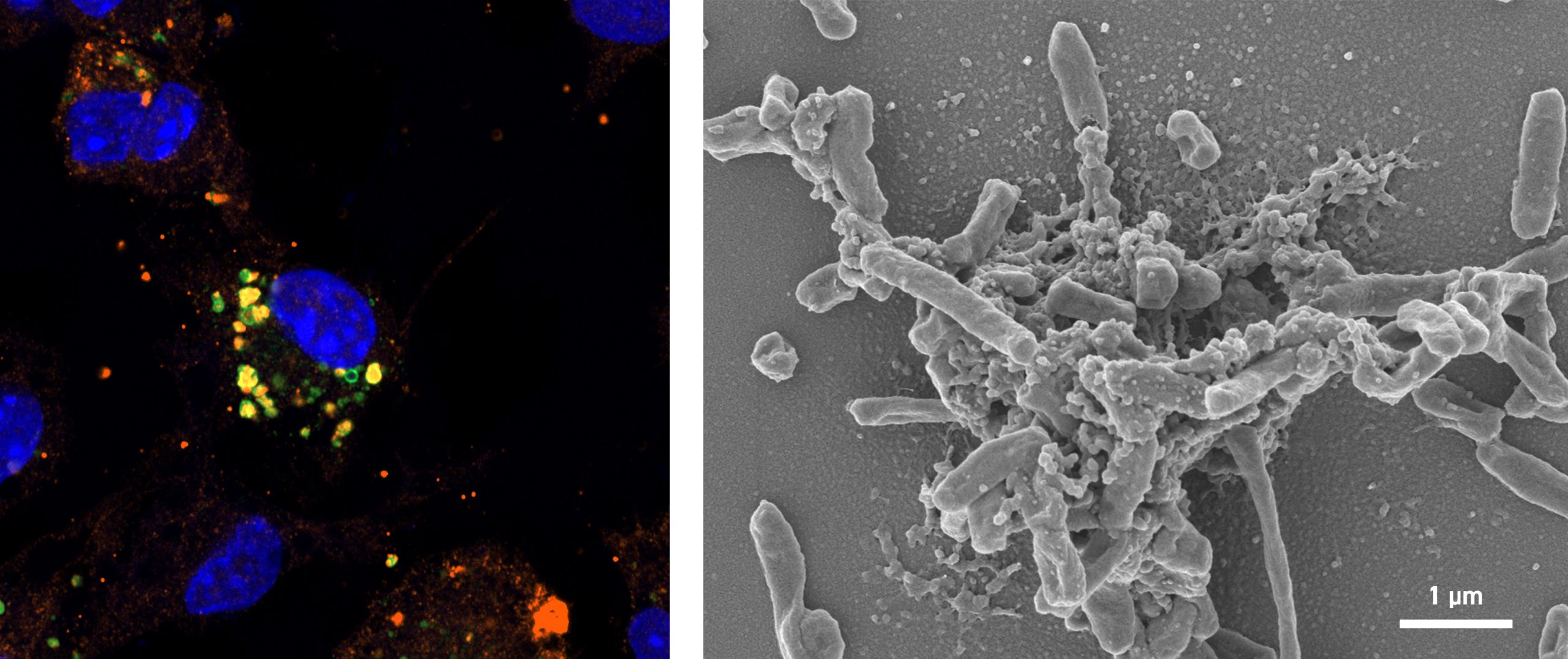According to the World Health Organisation, infectious diseases kill 17 million people each year, posing a significant economic burden to the Australian and global economy.
Although antibiotics have long been instrumental in the treatment of bacterial infections, many are rapidly becoming ineffective. This is due to rising antibiotic resistance driven by their overuse in clinical and agricultural settings. As a result, infections from difficult-to-treat, multi-drug-resistant bacteria (also known as superbugs) are increasing. Despite this growing threat the number of new treatments available has flat-lined. This could place us dangerously close to a return to the pre-antibiotic era, when even simple infections can cause death. There is an urgent need to identify new therapies to combat these bacteria.
A research team led by Prof. Si Ming Man at the Australian National University has engineered a suite of bacteria-killing peptides derived from guanylate-binding proteins (GBPs), a family of proteins that help our immune system defend us from bacteria. They found that these synthetic peptides can kill bacteria that are prone to antibiotic resistance. These include Acinetobacter baumannii and Pseudomonas aeruginosa, which are leading causes of hospital-acquired urinary tract, lung, and blood infections; Neisseria meningitidis, a primary cause of bacterial meningitis; Moraxella catarrhalis, a major cause of ear, nose and throat infections in children; Francisella novicida; and Yersinia pestis, which causes the plague.

Correlative light (GBP fluorescence in green) and scanning electron microscope image (grey; inverted contrast) of a macrophage infected with the bacterium species Moraxella catarrhalis, showing GBP targeting the bacteria.
This research was enabled by the combined support of several National Collaborative Research Infrastructure Strategy projects. To reveal the mechanisms by which the GBPs target bacteria and the synthetic peptides kill various bacterial species, the team used a combination of fluorescence microscopy, scanning and transmission electron microscopy, and correlative light and electron microscopy (above) at Microscopy Australia’s Australian National University facility. This microscopy showed that the GBPs and synthetic peptides rupture the bacterial membrane causing it to explode – similar to a balloon bursting. Phenomics Australia provided a world-class mouse library allowing the team to access and use unique mouse strains to work out which parts of the immune system fight the toxin. Bioplatforms Australia provided genomics support and Therapeutic Innovation Australia provided compound screening.

Left: Fluorescence microscopy image showing cytoplasmic Moraxella catarrhalis (green) targeted by GBP killer proteins (red). Merged yellow signal indicates colocalization. Right: Scanning electron microscopy of Francisella novicida following incubation with GBP peptide.
By 2025 antibiotic-resistant bacteria are expected to kill 10 million people every year. This research harnesses the bacterial-killing capacity of our own immune system to combat these bacteria. The new synthetic peptides developed by Prof. Man’s team could be translated into therapies for antibiotic-resistant infections, potentially providing an important new tool in the fight against one of the greatest health threats of the 21st century.
S. Feng & D. Enosi Tuipulotu et al., Nature Communications 2022
DOI: 10.1038/s41467-022-32127-0
D. Enosi Tuipulotu & S. Feng et al., EMBO Journal 2023
DOI: 10.15252/embj.2022112558
Scanning electron microscope image of sepsis causing bacteria.
September 26, 2023